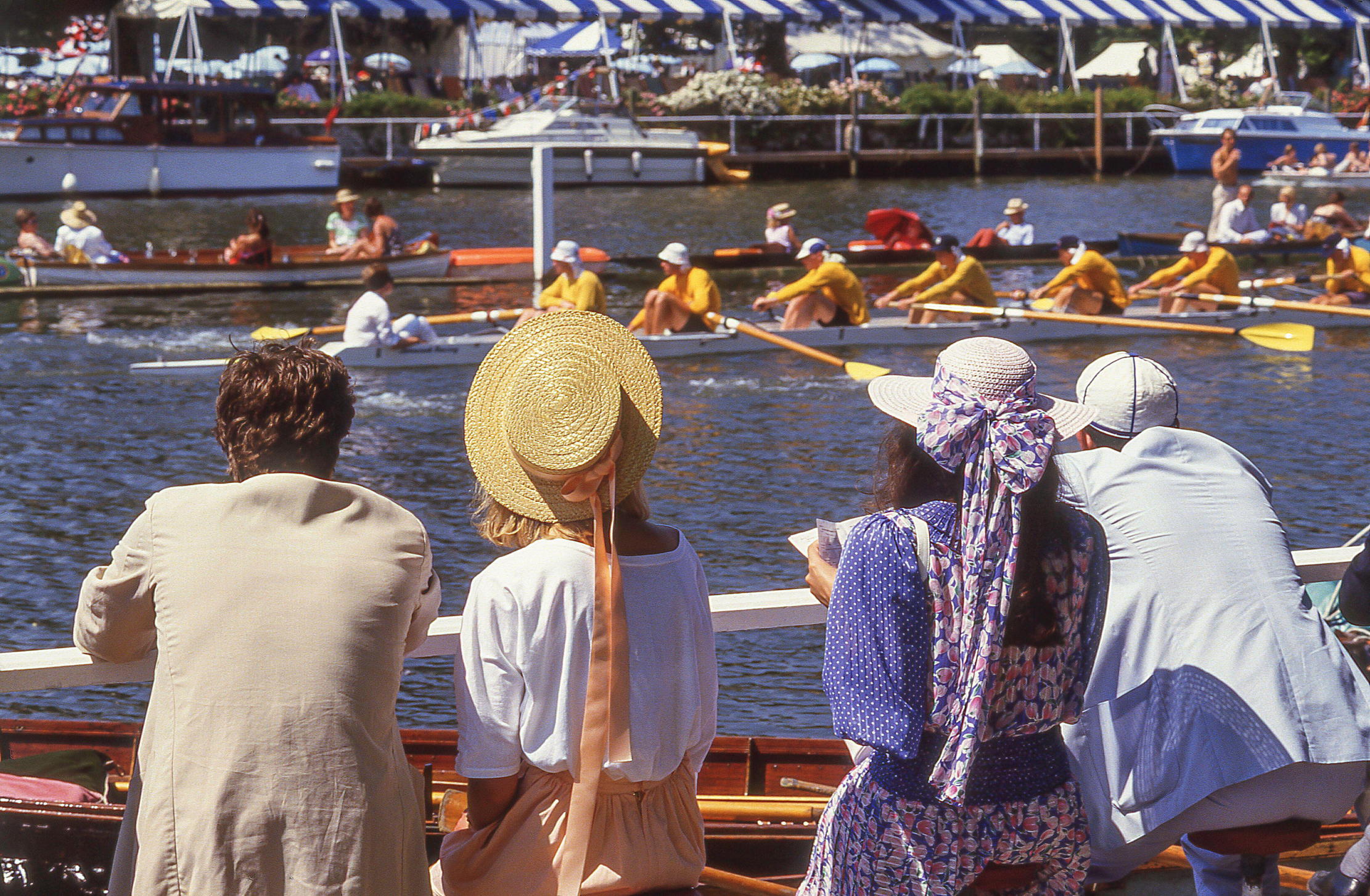Carla Carlisle on Rory Stewart and Afghanistan
Considering the recent escalations in violence in Afghanistan perhaps it’s time to listen to Rory Stewart, says Carla, and withdraw our troops


On paper, he sounds as if he belongs to another era. Eton, the army, Oxford, the Foreign Office. A writer of books. A traveller by foot. A boy who memorised The Waste Land when he was 14, and who, at 37, standing on a trailer pulled by a tractor, quoted from Four Quartets: ‘The only wisdom we can hope to acquire/Is the wisdom of humility: humility is endless.' Not what voters expect to hear on election day, but he won more than half the vote.
You may have guessed by now that I'm describing the Member for Penrith and the Border, Rory Stewart. You may also wonder how I know so many details about a man who seems to belong to the age of T. E. Lawrence. I confess: I'm a member of the Rory Stewart Fan Club. There are no meetings, no posters, no dues, but I have the modern version of a Rory Stewart Scrapbook: a file as fat as the Seven Pillars of Wisdom.
I'm not a natural archivist, but on the day after six British soldiers, five younger than my son, died when a roadside bomb blew up their vehicle, I went to that file. The refrain that haunts this decade-‘their families have been told'-was in my head as I shuffled through pieces from The New York Review of Books, articles clipped from The Times and the Telegraph. I'd read every word of his essay, Afghanistan: What Could Work, after Barack Obama announced in December 2009 that he was sending an additional 30,000 American troops to that country, but, like many people, a kind of mental cataract comes over me when I read about Afghanistan.
The demons of ‘insurgency', ‘terrorism', ‘warlords', ‘narcotics', ‘safe havens' and ‘failed states' get shoved into another place, an empty grain store of the mind. I deal with drought, stillborn lambs, the price of diesel, a payroll, supper-difficult everyday life-and have little room left over for global jihad.
And yet, and yet. I don't believe that distracted ignorance is acceptable when young soldiers are fighting-and dying-in Helmand, when we are told it is ‘vital to our security'; that our soldiers are making Britain ‘safe, peaceful and happy'. Make that ‘my' security, ‘my peace and happiness' and, even if I don't believe those words, I feel guilt that they are made in my name.
The file was still sitting on the kitchen table when Today told of a house-to-house shooting of women and children by an Ameri-can soldier. Those with long memories remember another civilian massacre, at My Lai in Vietnam. It became a symbol and then a turning point in another war that could not be won.
Instead of reading, however, I went online. I watched a lecture Mr Stewart gave at the TED conference in 2011 (www.ted.com/speakers/rory_stewart.html). Those 20 minutes are the clearest and sanest thoughts I've heard about this war so far. I'm not saying that Mr Stewart's is the only voice of reason, but he walked across Afghanistan in 2002, lived and worked there from 2006 to 2008. He speaks the languages-Dari Persian and Pashto of the country. True, President Obama and David Cameron have both asked his advice and, cowed by the generals, ignored it. But I think Mr Stewart is a rare and remarkable Englishman, original, intelligent, daring, not weighed down by ideology.
Sign up for the Country Life Newsletter
Exquisite houses, the beauty of Nature, and how to get the most from your life, straight to your inbox.
When he says that ‘Afghanistan is a tragedy, but it is not one the West can end', I hope that someone is listening. When he writes that the time has come for the UK to begin the process of withdrawal-‘clearly, orderly, with dignity, minimising the num-ber of casualities... and leaving only a light footprint behind', I believe he is speaking for me.
I think of him on that trailer, speaking through a megaphone: ‘The only wisdom we can hope to acquire/is the wisdom of humility.' It sounds like prophecy. We would have saved Afghanistan if we could have. We couldn't. Now, we must rely on the wisdom of humility.
Country Life is unlike any other magazine: the only glossy weekly on the newsstand and the only magazine that has been guest-edited by HRH The King not once, but twice. It is a celebration of modern rural life and all its diverse joys and pleasures — that was first published in Queen Victoria's Diamond Jubilee year. Our eclectic mixture of witty and informative content — from the most up-to-date property news and commentary and a coveted glimpse inside some of the UK's best houses and gardens, to gardening, the arts and interior design, written by experts in their field — still cannot be found in print or online, anywhere else.
-
 380 acres and 90 bedrooms on the £25m private island being sold by one of Britain's top music producers
380 acres and 90 bedrooms on the £25m private island being sold by one of Britain's top music producersStormzy, Rihanna and the Rolling Stones are just a part of the story at Osea Island, a dot on the map in the seas off Essex.
By Lotte Brundle
-
 'A delicious chance to step back in time and bask in the best of Britain': An insider's guide to The Season
'A delicious chance to step back in time and bask in the best of Britain': An insider's guide to The SeasonHere's how to navigate this summer's top events in style, from those who know best.
By Madeleine Silver